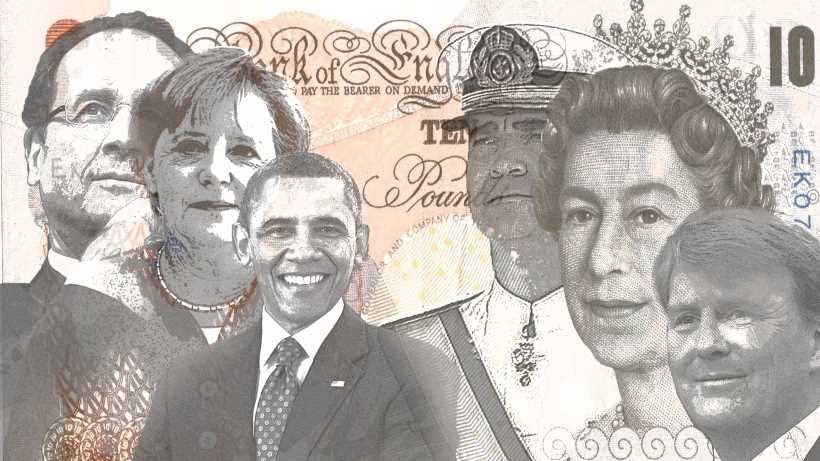The government systems that make up monarchies are represented in up to 44 countries in which we must include the 16 kingdoms in which Queen Elizabeth II still has the role of head of state, as is the case of Canada, although this does not mean that Canada cedes sovereignty to the United Kingdom if it is not rather a symbolic role in official events.
But monarchies tend to be questioned since they are not born by universal suffrage as opposed to republics, therefore, there is a deep debate on this issue and we consider the advantages and disadvantages of both forms of government.
The role of head of state
In monarchies the king, as head of state, tends to offer a more impartial role oblivious to political disputes. On the republic side, we see many political parties vying for control of the highest echelons of political power.
Consequently, in republics with several political parties, the figure of the president would represent the interests of a very small part of the population and it can degenerate into serious disputes in which they push each other to end up obtaining political advantages.
It can be considered of doubtful legitimacy that the position of head of state comes by inheritance. But the surname in the form of a dynasty is not only found in monarchies, in the United States families like Bush or the Clintons have been on the political front lines over the years. Even the design of the electoral system may mean that the party with the most votes is not necessarily the one that ends up ruling or obtains the greatest representation.
Beyond the institution, from the monarch’s point of view, in certain countries they have tax advantages. In the republics, tax breaks are limited and the beneficiaries of the Swedish and Spanish monarchies do not have tax privileges either.
However, such Tax benefits exist in Belgium, Norway, the Netherlands, Luxembourg and Denmark. Some members of the British royal family are exempt from tax, although they have voluntarily renounced these privileges.
If we speak purely of allocations, in republics an allocation is made only to the President. We find that in Holland, the system is limited to the reigning monarch and the crown prince, with the possibility of assignments to the former monarch and his spouse. Along these lines and, to a certain extent, they share systems with Norway and Luxembourg. A lump sum is reserved for the royal family in both Sweden and Spain. Belgium and Denmark use a more generous and comprehensive allowance system because all the children of the head of state are entitled to an allowance.
The complexity of the cost comparison
In Europe, the most expensive monarchies can be found in Norway, the Netherlands and the United Kingdom with a cost of around 40 million euros. The rest of the monarchies – Sweden, Denmark, Belgium, Luxembourg and Spain – bear costs of less than 15 million euros.
The Republics have more generous budgets. Germany bears a cost of 25 million that could be in the measure of European monarchies, but France and Italy shoot the average with linked costs of 228 and 113 million euros.
Those budgets are designed to face the rewards, staff fees and social benefits, operating expenses, protocol and representation expenses.
Absolutist monarchies have been a problem for economic growth
In a system in the form of a republic, the interests of the population are represented in their different political forms. Political parties want votes and the only way to achieve them is by taking an interest in the citizens’ chores.
Absolutist monarchies have historically been a stick in the wheels to promote economic growth, except in rare cases such as Saudi Arabia for its prominent global role in oil production.
And it is that empowering a monarch to concentrate the powers of the State, supposes a attack on property rights. If property rights are not guaranteed, there is no motivation to invest and accumulate capital.
In fact, there is a reason why the Industrial Revolution started in England and it is that, institutionally, it was the first to develop a form of government of parliamentary monarchy.
Source: https://tekdeeps.com/monarchy-vs-republic-advantages-and-disadvantages-of-each-system/



